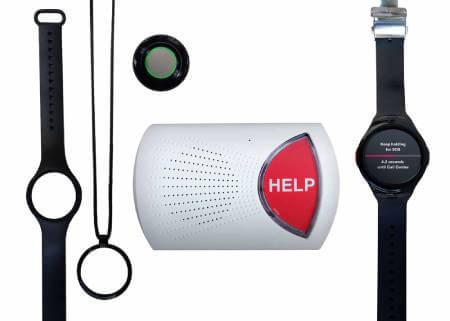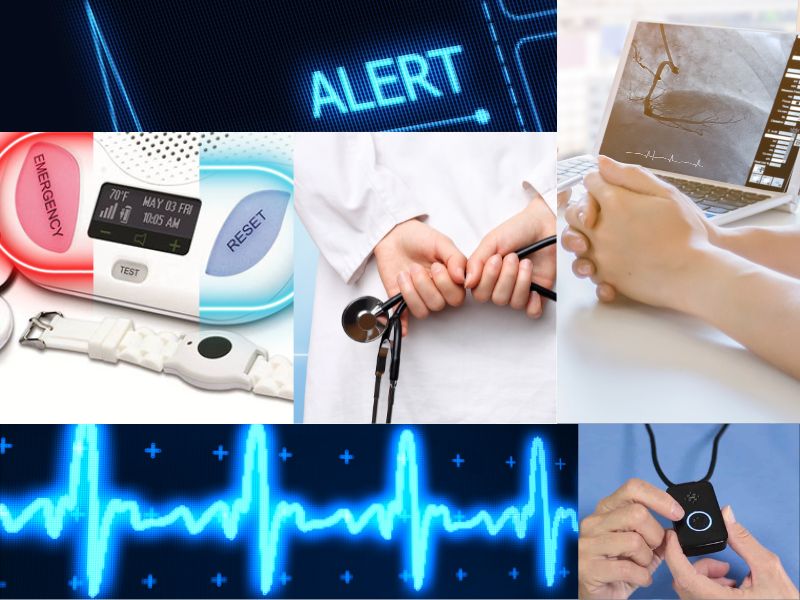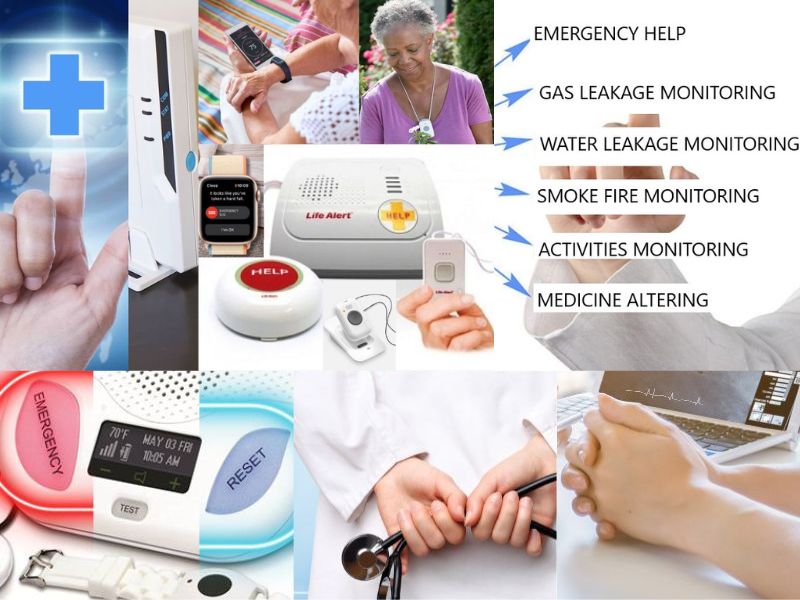How Do Seniors Get Free Life Alert Systems?
There are several ways that seniors can potentially obtain a free Life Alert system. One option is to contact government agencies, such as state or local departments of aging or social services, to inquire about programs that offer assistance with medical alert systems for seniors who cannot afford them.
Non-profit organizations may also provide free or low-cost systems to eligible seniors, so contacting organizations like the Red Cross or the National Council on Aging may be a good starting point.

Some Life Alert companies may also offer free systems to seniors who meet certain criteria or financial needs. Another option is to reach out to community organizations, such as senior centers or churches, to ask about resources available for seniors in need.
Finally, family members or caregivers may also be able to help seniors obtain a free Life Alert system, either by assisting with research or potentially covering the cost themselves.
How to Get Free Life Alert Systems for Seniors?
Contact Government Agencies
Seniors who cannot afford a Life Alert system may be eligible for free devices through government agencies. Programs like the Lifeline Assistance Program and the Medicaid Waiver Program provide financial assistance for low-income individuals and families. These programs may cover the cost of a Life Alert system or provide a similar device for free.
Contact Non-Profit Organizations
Several non-profit organizations provide free Life Alert systems to seniors in need. One such organization is the National Council on Aging, which offers the “Aging Mastery Program.” This program provides free devices to seniors who complete a series of educational courses on aging well. Other non-profit organizations like the American Red Cross and the Salvation Army may assist seniors who cannot afford a Life Alert system.
Contact Life Alert Companies
Some Life Alert companies offer free devices to seniors who cannot afford to pay for them. However, it is important to be cautious when contacting these companies. Some companies may require seniors to sign a long-term contract or pay a high monthly fee for the service. Before agreeing to any terms or signing a contract, seniors should research the company thoroughly.
Contact Community Organizations
Community organizations like churches and senior centers may also provide free Life Alert systems to seniors in need. These organizations may have programs or funds set up specifically to help seniors who cannot afford to pay for a Life Alert system. Seniors can contact these organizations directly to see if they offer any assistance.
Contact Family Members or Caregivers
Seniors may also obtain a free Life Alert system through their family members or caregivers. Family members may be willing to purchase a Life Alert system for their loved ones as a gift. Caregivers may also obtain a free device through their employer or an agency that provides in-home care services.
Eligibility Requirements for Free Life Alert Systems
Some organizations and programs provide free Life Alert systems to eligible seniors and people with disabilities. However, the eligibility requirements may vary depending on the organization or program. Some common eligibility requirements include the following:

- Age: The person must be at least 65 years old or have a disability that prevents them from performing daily activities.
- Income: The person must have a low income, usually defined as being at or below the poverty line.
- Health condition: The person must have a medical condition that puts them at risk for falls or other emergencies.
- Living situation: The person must live alone or with a caregiver who cannot assist in an emergency.
Alternatives to Free Life Alert Systems
If you do not meet the eligibility requirements for free Life Alert systems, there are several alternatives that you can consider. These alternatives include:
Mobile Apps
Various mobile apps can provide emergency assistance, such as Red Panic Button and Life360.
Medical Alert Watches
Some companies offer medical alert watches that provide emergency assistance.
Smart Home Devices
Smart home devices, such as Amazon Echo and Google Home, can be used to call for help in an emergency.
Tips for Choosing a Life Alert System
If you are considering purchasing a Life Alert system, here are some tips to help you choose the right system for your needs:
- Consider the features: Look for a system that offers the features you need, such as fall detection, GPS tracking, and two-way communication.
- Look for a reliable company: Choose a company with a good reputation for providing reliable and responsive service.
- Read reviews: Read reviews from other customers to get an idea of the company’s customer service and the effectiveness of the Life Alert system.
- Check the cost: Make sure you understand the cost of the Life Alert system, including any monthly or activation fees.
- Ask about the warranty: Ask about the warranty for the Life Alert system and what it covers.
FAQs
Who provides free Life Alert systems for seniors?
Several organizations and programs provide free Life Alert systems for eligible seniors. Some examples include Medicaid, the Department of Aging, and local non-profit organizations. It’s important to research the options available in your area to determine eligibility and how to apply.
What are the eligibility requirements for free Life Alert systems for seniors?
Eligibility requirements vary depending on the organization or program providing the free Life Alert system. However, common eligibility requirements include age (typically 65 years or older), low income, a medical condition that puts the senior at risk for emergencies, and living alone or with a caregiver who cannot assist in an emergency.
What features should seniors look for when choosing a Life Alert system?
Seniors should look for Life Alert systems that offer features that meet their specific needs. Some important features to consider include fall detection, two-way communication, GPS tracking, water resistance, battery life, and the device’s ease of use. It’s also important to consider the company’s reputation and the system’s cost, including any monthly fees or activation fees.
Bottom Line

In conclusion, seniors who cannot afford to pay for a Life Alert system have several options for obtaining a free device. They can contact government agencies, non-profit organizations, Life Alert companies, community organizations, or family members and caregivers.
It is important to research each option thoroughly and to choose a reputable company or organization. With a free Life Alert system, seniors and their loved ones can have peace of mind knowing that help is just a button press away.
